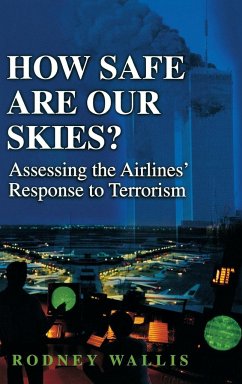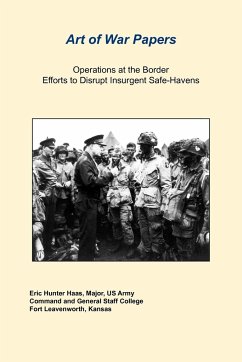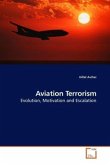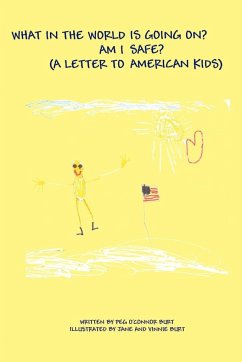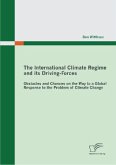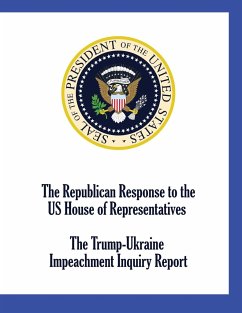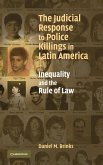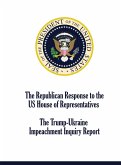The September 11, 2001, attacks on the World Trade Center and the Pentagon raised numerous questions about American and international aviation security. Former Director of Security of the International Air Transport Association Rodney Wallis suggests that the failure to maximize U.S. domestic air security, which left air travelers vulnerable to attack, lay largely with the carriers themselves. He contends that future policies should parallel the standards of the International Civil Aviation Organization. Wallis considers the Aviation and Transportation Security Act adopted by the U.S. Congress in the wake of September 11 and offers a modus operandi to the FAA that would enable them to maximize the benefits this legislation provides to air travelers. This important work reviews past government reactions to the threat posed by air terrorism and questions whether these were effective responses or merely window dressing. It also includes practical advice for air travelers on how to maximize their own security when flying on international routes by monitoring airport and airline security for themselves.
Hinweis: Dieser Artikel kann nur an eine deutsche Lieferadresse ausgeliefert werden.
Hinweis: Dieser Artikel kann nur an eine deutsche Lieferadresse ausgeliefert werden.

